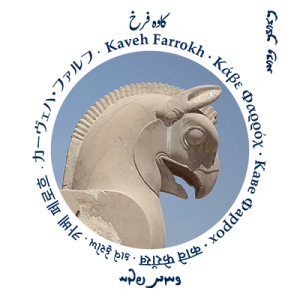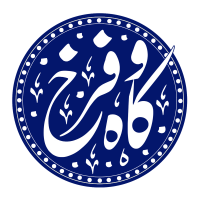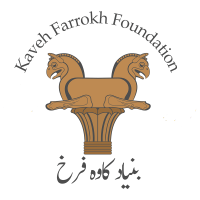The Americans of Urumia: Iran’s First Americans and their Mission to the Assyrian Christians” by Hooman Eslami provides a rare and long-overdue academic study into the arrival and works of the first Americans and their families into Iran as well as providing much hitherto unknown information as to the state of Iran’s northwest during the Qajar era into the early 20th Century CE.
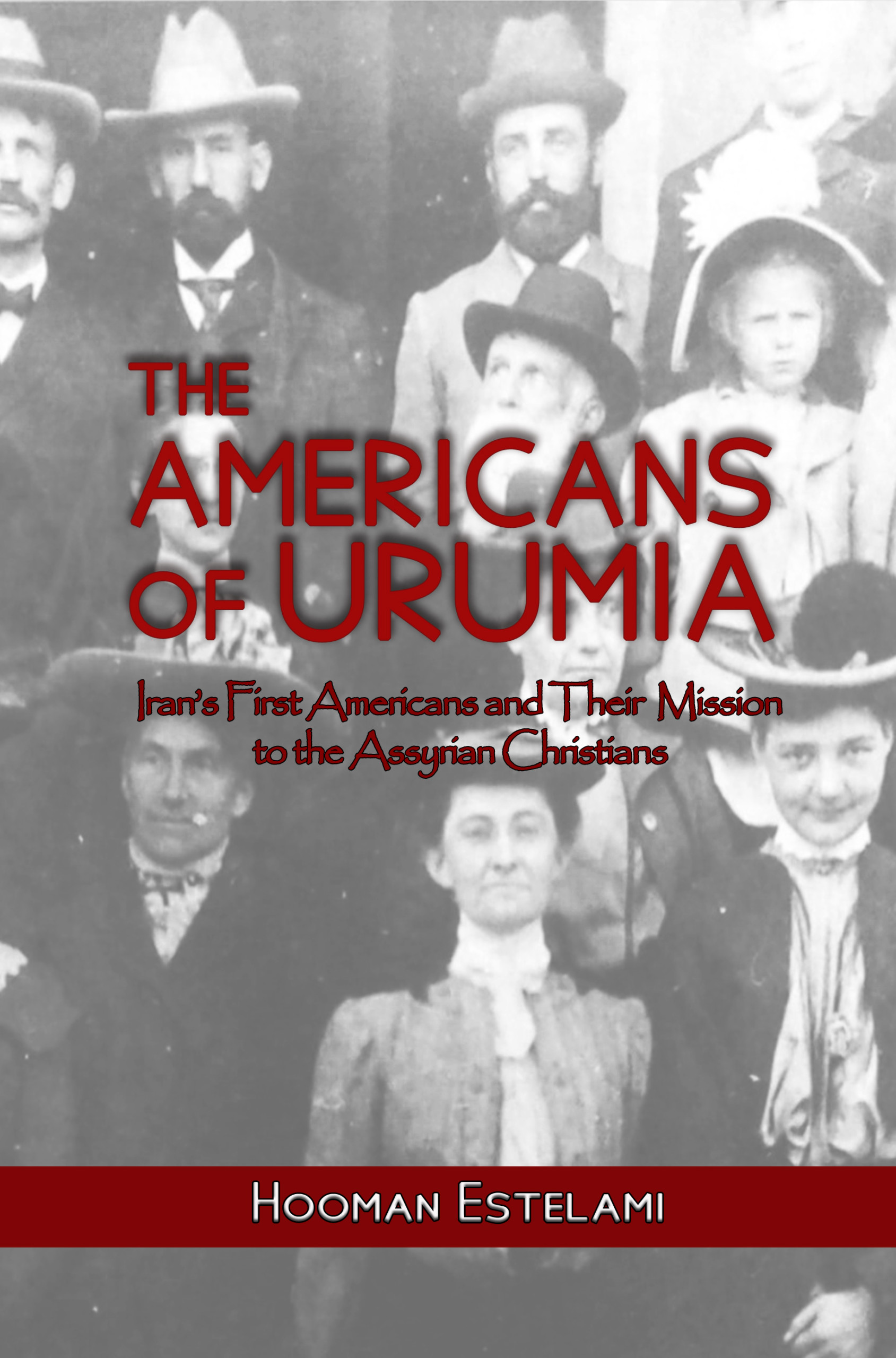
- Title: The Americans of Urumia: Iran’s First Americans and their Mission to the Assyrian Christians
- Author: Hooman Eslami
- Publisher: Bahar Books
- To order: E-mail ([email protected] or [email protected]) or contact +1-914-500-6505
- Order from Amazon
The political and military weaknesses of the Qajars in being able to safeguard their frontiers against the Ottomans and Imperial Russians (concomitant with their fecklessness in maintaining security within their own borders) are duly documented as well as the state of affairs among the Muslim and Christian communities in northwest Iran, notably the role of the Kurdish movements of Bedir Khan and Obeidollah Khan especially the latter’s efforts to recruit British support for his cause.
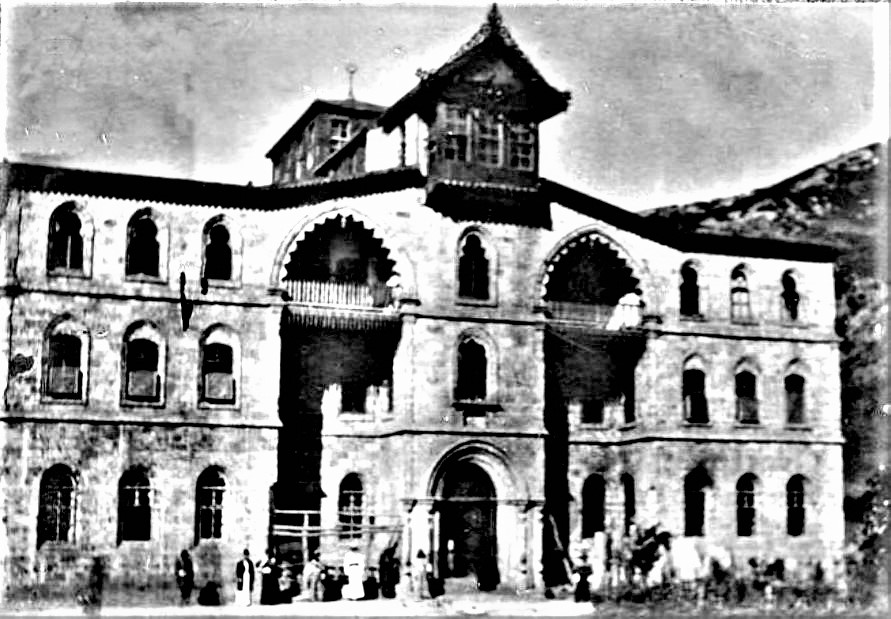
The castle of Sheikh Obeidullah in Nochea (just a few miles from the Iranian border) sometime in the 1880s (Source: Hooman Eslami). It was from here, inside Ottoman territory in Eastern Anatolia, where Obeidullah organized his destructive raids into northwest Iran in the later Qajar era.
The context of these affairs is expostulated within the philanthropic activities of Americans in Iran at the time such as Justin Perkins, Joseph Plumb Cochran and William Ambrose Shedd. Several Americans were to be born and raised in Iran including Joseph Plumb Cochran for example who was born in the village of Seir in northwest Iran.
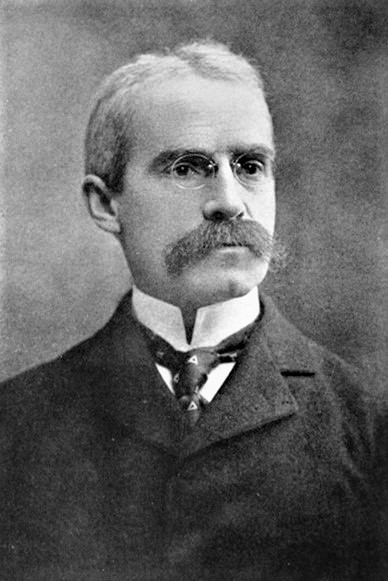
Joseph Plumb Cochran (Source: Hooman Eslami).
Cochran, who was fluent in Persian, Turkish and Syriac, selflessly provided medical treatment to thousands of Iranians during his lifetime and was to prove instrumental in the opening of a modern medical college and hospital at Urmia.
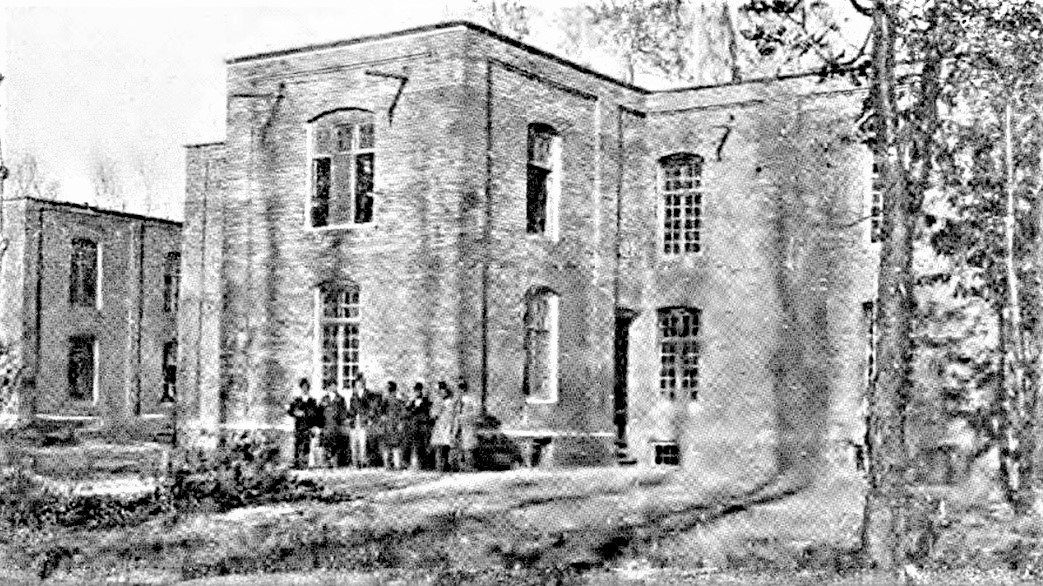
The Westminster Medical College and Hospital of Urumia in the early 20th century (Source: Hooman Eslami).
Also of interest is the description of the opening of the very first American embassy in Tehran in 1883. This book is highly recommended for scholars and laypersons interested in the recent history of Iran of the 19th and early 20th centuries and especially the virtually unknown history of the adaptive role of the small American community in northwest Iran during this time period.
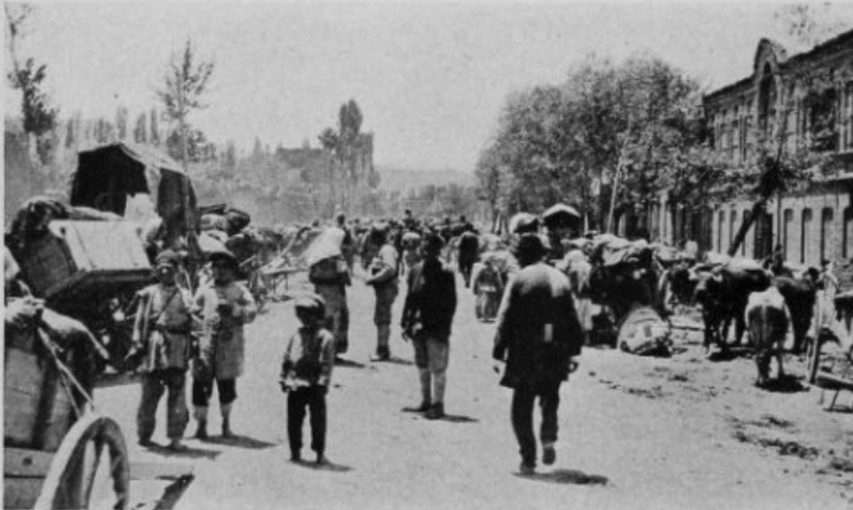
Refugees fleeing the city of Urumia as a result of Ottoman forces forces invading northwest Iran (Source: Hooman Eslami).

